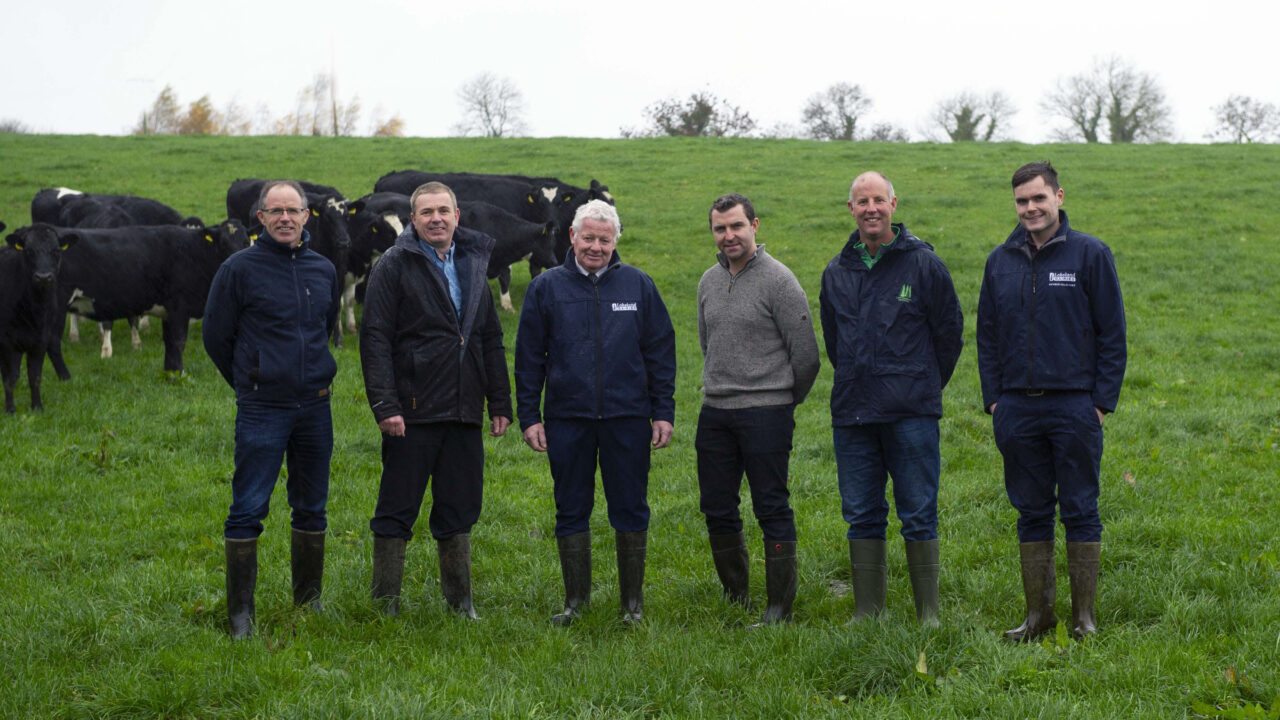A new land mobility programme has been launched in a joint collaboration between Lakeland Dairies and Macra na Feirme.
The new initiative will help all types of farmers, farm families, new entrants and land owners to consider their options for collaborative arrangements leading to better use of land resources for the mutual benefit of farmers and land owners, according to the organisers.
The programme will work to facilitate workable arrangements throughout the Lakeland Dairies catchment area.
The land mobility programme is a confidential and expert service designed to support the sustainable expansion of dairy farming throughout the Lakeland operating region.
Macra na Feirme will co-ordinate the new service with ongoing support from Lakeland Dairies and the FBD Trust.
Land Mobility Service
The Land Mobility Service has been successfully piloted over the past four years in Ireland, supporting the establishment of over 400 collaborative arrangements between farmers and covering some 35,000ac of land.
The new Lakeland Land Mobility Programme was launched at the farms of Alfred McGlew and Andrew Purcell who established a farming partnership on their neighbouring farms over a decade ago in Termonfeckin, Co. Louth.
Purcell and McGlew entered into a collaborative arrangement to create a combined dairy farming enterprise for their mutual benefit.
As well as their business agreement, they established specific plans for their farming including the sharing of various jobs and tasks necessary to run their farms. Their combined farms have also since developed into a company which helps the overall administration of the dairying business.
The Land Mobility Service is provided to farmers and land-owners on a strictly confidential and individual basis.
Arrangements
It will help farmers and land owners to explore their options and put compatible farmers in contact with each other with a view to progressing a mutually-agreeable working arrangement, according to the initiative.
The arrangements can be as simple or as complex as people want, provided they are workable for all parties involved. Arrangements can be in or outside the family.
Identifying and agreeing on the land to be farmed is also very important and the programme also seeks to deliver quality of life and social benefits for the parties involved.
The types of arrangements available within the programme include long-term leasing, partnerships and share farming. Additionally, farmers can also consider farm-to-farm co-operation including contract rearing, grazing and silage arrangements and cow leasing.
In a recent survey, over 40% of Lakeland milk suppliers said they are interested in establishing a farm partnership either externally or among family members.
Just over one third of dairy farms supplying Lakeland Dairies employ staff on either a full-time (8%) or part-time (28%) basis.
Two thirds of milk suppliers do not employ any labour on the farm, other than the family’s own inputs, a finding which supports the potential for collaborative farming arrangements.
In addition to farmers who have significantly grown their output, roughly half of Lakeland milk suppliers said they will further expand their milk production by approximately 5% in each year to 2022.
Programme coordinator
The land mobility programme will be managed on the ground by Patrick Brady who has been appointed as the programme coordinator in the Lakeland Dairies catchment area.
A dairy farmer and agricultural science graduate himself, Brady has significant experience with Teagasc. As programme coordinator, he can be contacted on: 087-1628839.
